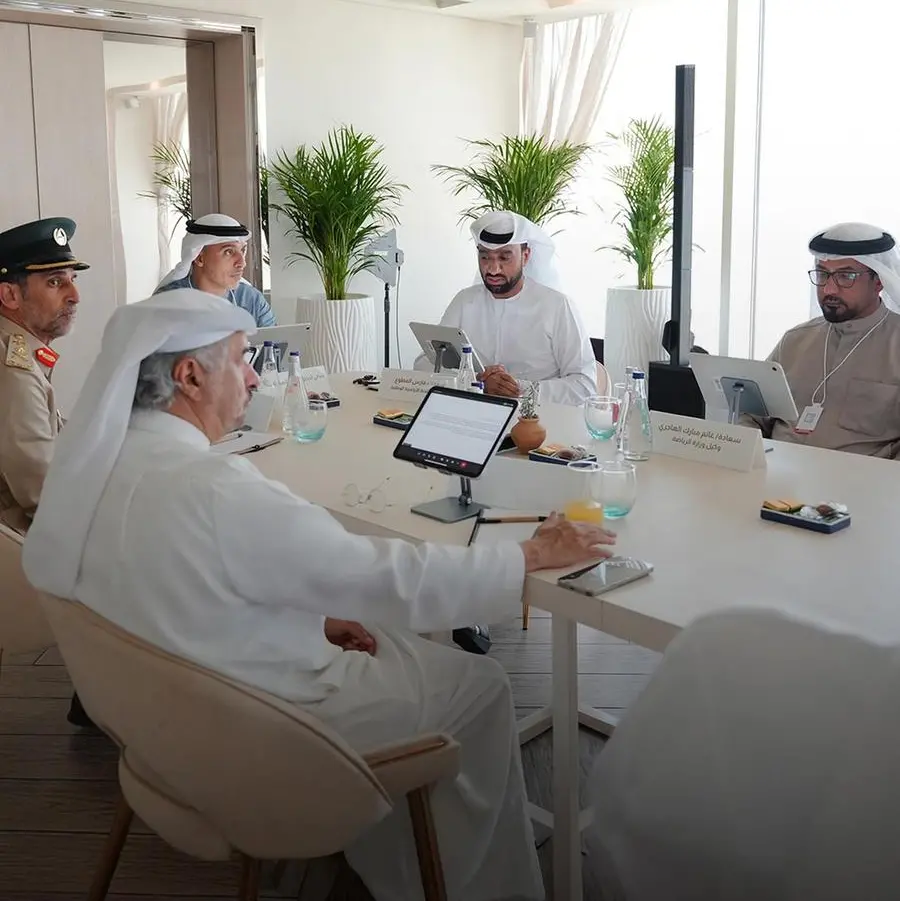PHOTO
- Younus Al Nasser: Prioritizing data quality and leveraging artificial intelligence will broaden horizons and enhance Dubai’s position as a global digital city.
Dubai: In line with the increasing significance of digital data and artificial intelligence in advancing government operations, Digital Dubai has announced the launch of an initiative aimed at elevating the level of data standards in terms of quality, accessibility and governance.
The initiative aims to establish a leading platform for exchanging experiences among government entities and learning about best practices to enhance the quality of data provided on the Dubai Pulse platform. This platform supports informed decision-making at the senior leadership levels and within the boarder government ecosystem in the emirate.Top of FormBottom of Form
The initiative includes organizing a series of workshops focused on topics related to data and artificial intelligence, also highlighting the digital maturity policy issued by Digital Dubai. This policy serves as a robust guide encompassing four key pillars including, digital experiences, data management, cybersecurity, and information technology governance.
The initiative has been launched in its first phase with the participation from 11 government entities, including:
Dubai Health Authority, Dubai Land Department, Dubai Customs, General Directorate of Residency and Foreigners Affairs in Dubai, Roads and Transport Authority (RTA), the Dubai Electricity and Water Authority (DEWA), Department of Economy and Tourism, Dubai Municipality, Dubai Courts, and Dubai Police. According to the plan, other Dubai Government entities will join in the next phase.
Commenting on these efforts, H.E. Younus Al Nasser, Chief Executive, Dubai Data & Statistics Establishment, said: "With the tremendous developments in the digital space, the value of data is growing rapidly, becoming our most crucial asset. Significant advancements in artificial intelligence and its diversified applications make enhancing data quality and management imperative. This improvement is pivotal for both the decision-making process and for developing future solutions, applications, and projects. Given Dubai’s leading position in digital transformation, prioritizing data quality and leveraging artificial intelligence will broaden horizons and strengthen Dubai’s position as a global digital city.”
”This initiative aligns with the Digital Dubai Strategy, which aims to ensure data maturity enhances effectiveness and elevates data quality at the emirate level. The goal is for Dubai to emerge as a prominent hub in decision-making excellence and a model for transforming data into social and economic value. In this context, Digital Dubai’s development of the data maturity policy is crucial. Digital data now serves as a reference point for the next stage of digital transformation, where data assumes a central role." Added Al Nasser.
Sara Al Zarooni, Director of Data & Statistics Planning & Governance, Dubai Data and Statistics Establishment said: “This initiative builds on our ongoing collaboration with our partners across Dubai Government, demonstrating our commitment to keep pace with the latest developments in data governance and management. Our focus is on achieving optimal utilization, enhancing efficiency, effectiveness and promoting government integration. The realm of data today presents many challenges and opportunities, and we aim through continuous communication, workshops, and exchange of ideas, to capitalize on opportunities and develop plans to tackle challenges effectively.”
Dubai Data & Statistics Establishment aims to provide a wide range of data through its unified platform, “Dubai Pulse”, which now hosts about 1,237 open and shared data systems provided by 70 entities. The platform serves various stakeholders including investors, researchers, entrepreneurs, and other sectors that may require access to data to develop solutions, programs, applications, and more.
The initiative will be built around a practical methodology aimed at providing tangible results that enhance overall performance in the field of data. This methodology starts with defining data quality, developing mechanisms for measuring quality, proposing methods for improvement and development in data systems, and implementing mechanisms for effective management and display that align with the shared goals of all stakeholders. Moreover, the initiative will focus on showcasing best practices adopted by each participating entity and exploring how to leverage these practices for achieving these goals.




















